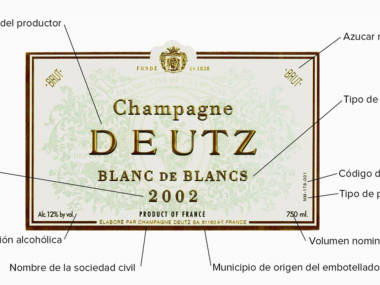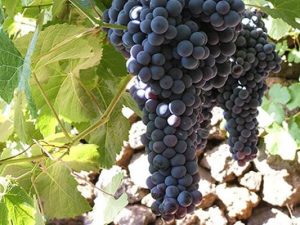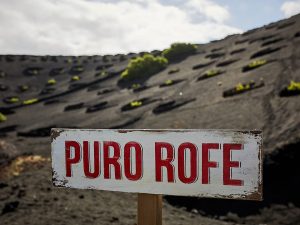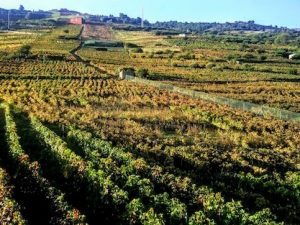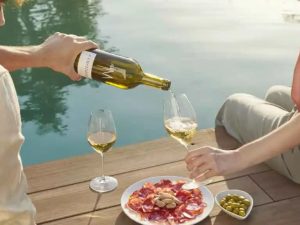Organic wines are making headway in the international wine world. According to the latest report published by IWSR, around 87.5 million bottles of organic wines are expected to be sold worldwide by 2022, driven primarily by European markets.
Organic wine is characterised by the development of sustainable and environmentally friendly practices throughout all stages of winemaking, including viticulture and vinification.
Here is a selection of iconic wineries in the production of organic wines, not to be missed.
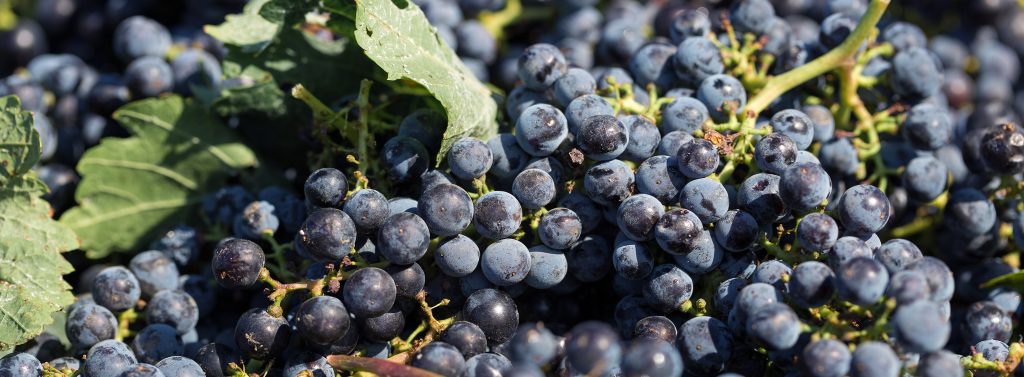
1. The Telmo Rodríguez Wine Company
The Compañía de Vinos Telmo Rodríguez was born in 1994 after the association of Telmo Rodríguez, heir of Remelluri, and Pablo Eguzkiza: both share experience working in the prestigious wineries Cos d’Estournel, Petrus and Domaine de Trevallon. The company’s objective is to work in the original areas and vineyards of the Iberian Peninsula. These are vineyards that have hardly changed the way they are pruned, with autochthonous varieties and slopes chosen by the ancestors. All these arguments are the starting point for an original and committed project.
The lack of resources forced Compañía de Vinos Telmo Rodríguez to start its challenge in little-known wine-growing areas but with affordable grape prices. After the purchase of grapes, the first vineyard leases were acquired and the first purchase deeds for certain plots.
At present, Compañía de Vinos Telmo Rodríguez works with its own vineyards in the appellations of origin: Rioja under the Lanzaga wines located in Rioja Alta and Rioja Alavesa; Ribera del Duero for the elaboration of its Matallana wine collection; Toro, with the aim of interpreting the taste of the Dehesa de Gago wines from ungrafted vines; Malaga, with Compañía de Vinos Telmo Rodríguez being the pioneers in the elaboration of the best sweet Moscatel on the national scene known as Molino Real; Valdeorras and the Galician Atlantic finesse of Gaba do Xil; Rueda, with the absolute dominance of the Verdejo and Sauvignon Blanc varieties to present its already famous Basa wine; Cigales, the challenge of Telmo Rodríguez to offer its Viña 105 interpreted with the Garnacha Tinta and Tempranillo varieties; and Cebreros where together with the participation as an external partner of Carlos Sainz, they elaborate their brown slate wine, Pegaso Barrancos.
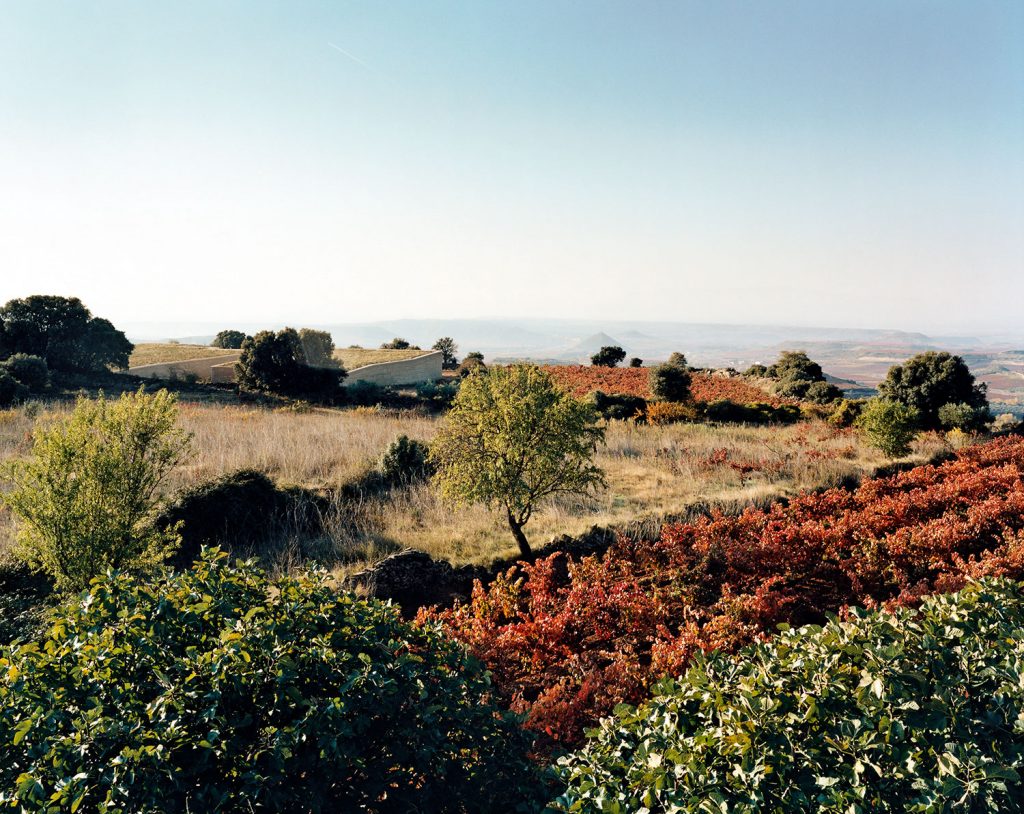
2. AT Roca
The wines of AT Roca are wines from the heart of the Penedès region that seek to be a faithful reflection of the surrounding landscape, based on organic viticulture, respectful of the environment, and the recovery of native grape varieties.
3. Mas Candí
Mas Candí is the project of four young winegrowers who have joined forces to produce their own organic wines. The winery is located in Les Gunyoles d’Avinyonet (Alt Penedès), on the edge of the Garraf Natural Park. Built in 2006, they have managed to take over the vineyards that their grandparents used to cultivate. The vines are up to 60 years old.
One of the fantastic ideas of this winery has been to take up native varieties to recover their cultivation. Their aspirations towards sustainability have borne fruit and they have managed to revive Catalan reds that were extinct due to the devastation of phylloxera or because of their low yields. These include Mandó, Mònica, Sumoll Cannonnau and Roigenc, and the white varieties Malvasía de Sitges and Torbat.
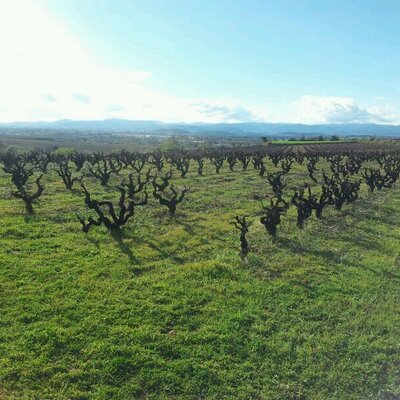
The Mas Candí vineyards occupy clay-limestone terroirs of similar nature in a Mediterranean climate. In this small winery they try to work with the landscape imitating the typical balance of a forest. Both the viticultural and vinicultural activities are carried out by hand in order to take the utmost care of the grapes.
They respect the environment and biodiversity: no chemical fertilisers, fungicides or pesticides are used. These young winegrowers have created a parallel ecosystem, where they nourish the plant with their own leaves transformed by microorganisms in the soil.
They also grow Cabernet Sauvignon, Macabeo, Xarel.lo and Garnacha Blanca. Among the most outstanding bottles of this Catalan winery we can find the traditional, fresh and crisp non-crianza white Desig, the sparkling and vibrant Mas Candí Brut Nature, the crazy Tinc Set Ancestral 2019, and the light non-crianza white Tinc Set Baudili 2019.
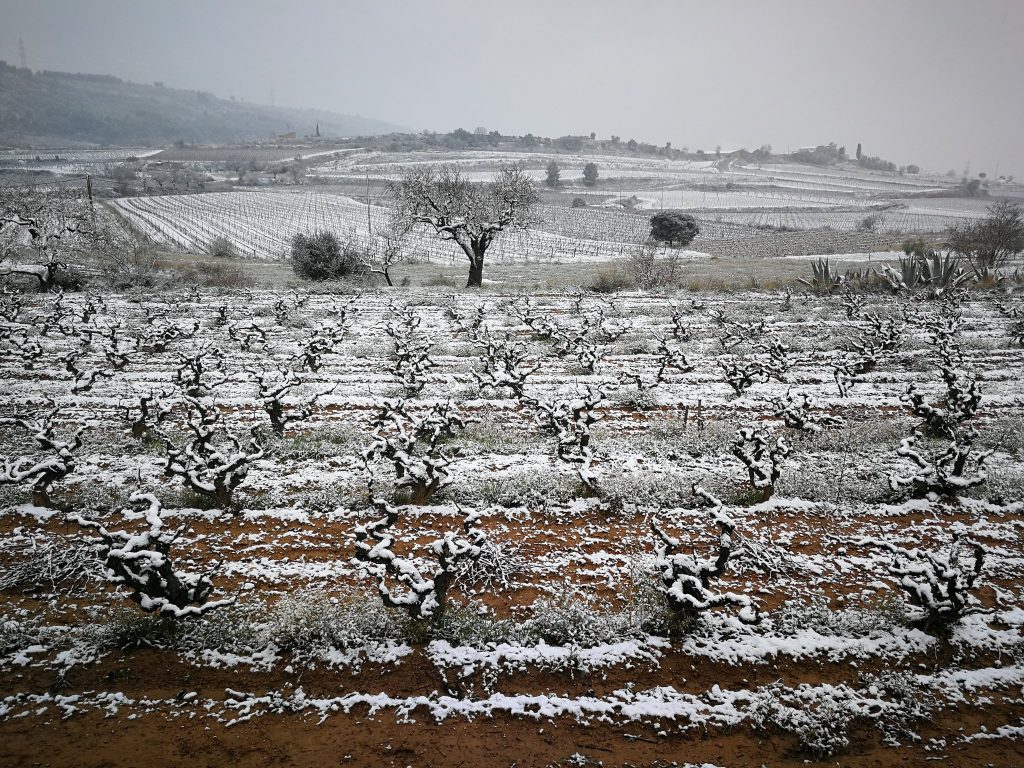
4. Bodegas y Viñedos Ponce
Juan Antonio Ponce is the head of the family winery Bodegas y Viñedos Ponce, located in the southeast of Spain, in the region of La Manchuela. There, he grows Bobal grapes in sandy and limestone soils. The winery’s philosophy is to pay homage to this indigenous grape variety and to make wines that are a true reflection of their terroir.
Ponce founded this bodega at the age of 23 with his father, after having worked as Telmo Rodríguez’s right-hand man for five years.
The grapes are harvested by hand and fermented with indigenous yeasts, with a type of fermentation known as “remango”.
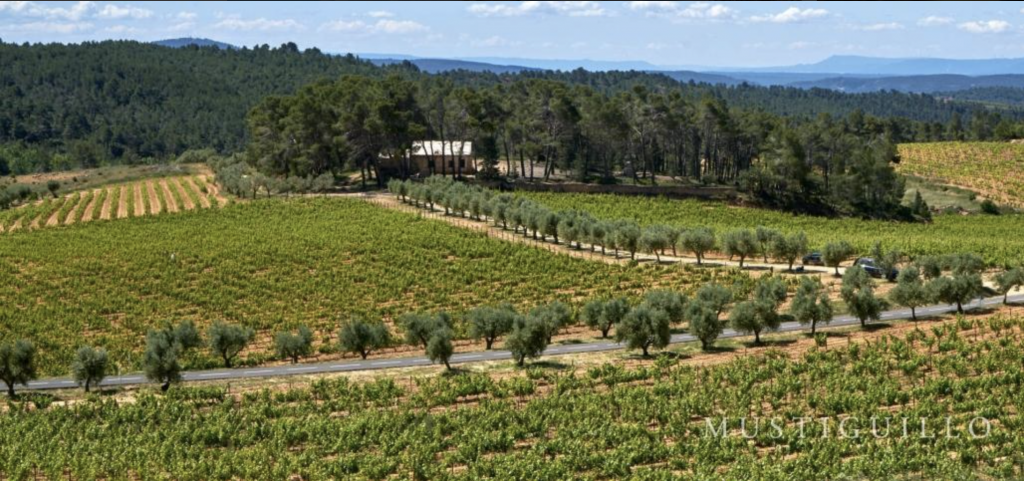
5. Mustiguillo
Mustiguillo is the 100-year-old sustainable wine project of the Sarrión-Martínez family, located 800 metres above sea level, in Utiel (Valencia). Their wines and viticulture are certified organic, as they practice sustainable and natural viticulture, respecting the environment.
The bunches of grapes are harvested by hand, picked and selected one by one in 15-kilogram boxes, and then fermented with their own yeasts. The result is sincere wines, which faithfully express the terroir to which they belong and its nuances.


